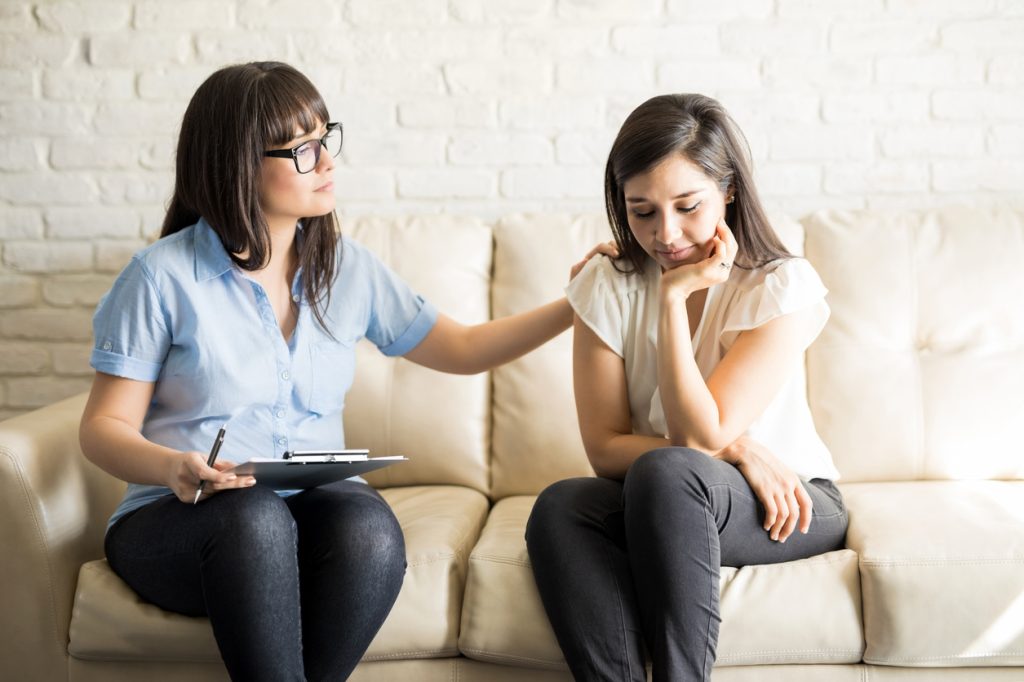Hadiza Kumi sat quietly amid the ruins of what used to be her home, clutching her child’s hand and staring into the distance. The bombs had stopped, but inside her, another war raged, one that no one could see. “I survived,” she whispered, “but I don’t feel alive.” Her words echo the silent struggles of millions of women across crisis zones worldwide, survivors, caregivers, and fighters who carry invisible wounds long after the world’s attention fades.
Women’s mental health isn’t peripheral, it’s foundational to healing societies. On this World Mental Health Day 2025, the call is clear: let us listen, act, and ensure no voice is silenced.
The Silent Crisis behind the Headlines
Every year on October 10, the world marks World Mental Health Day, a moment to confront stigma, amplify awareness, and push for accessible care. The 2025 theme, “Access to Services: Mental Health in Catastrophes and Emergencies,” shines a necessary light on a neglected humanitarian dimension: the psychological toll of crises on women.
Across Gaza, Ukraine, Sudan, Kenya, and Afghanistan, women endure compounded trauma — displacement, gender-based violence (GBV), loss of livelihood, and the crushing emotional weight of caring for others amid chaos. While they make up 70% of those displaced globally, their mental health needs remain largely invisible, overshadowed by urgent physical survival.
Emergencies do not strike equally. For many women, the aftermath of war or disaster is not just about rebuilding homes, it’s about reclaiming peace of mind. Breaking this silence requires more than therapy; it demands a transformation in how humanitarian aid, mental health, and gender equality intersect.
The Toll on Women’s Minds
According to the WHO World Mental Health Report 2025, one in three women lives with a mental health condition, compared to one in five men. In emergencies, this rate can rise by up to 50%. In conflict areas such as Gaza and Ukraine, three in four women report symptoms of depression, while over 60% struggle with insomnia or recurring nightmares.
The UNHCR notes that 40–60% of displaced women develop post-traumatic stress disorder (PTSD) after experiencing violence, separation, or loss. The toll extends to motherhood: one in five mothers globally faces postpartum depression, a number that skyrockets during crises where healthcare collapses.
Young women and adolescent girls are also deeply affected. A 130% rise in antidepressant use among teenage girls since the pandemic reflects widespread emotional distress. Yet, 91% of women and girls in need of care receive no treatment, trapped by stigma, poverty, or lack of access.
Emergencies don’t only destroy infrastructure, they fracture emotional resilience. And when women’s psychological wounds go untreated, families and communities crumble quietly beneath the surface.
Women at the Heart of Crises
Behind the statistics are stories of strength and sorrow. In the Democratic Republic of Congo, survivors of sexual violence battle trauma while raising families. In Sudan and Ethiopia, hunger and displacement heighten anxiety and despair. Across Asia-Pacific, the growing threat of floods and droughts forces women into survival roles that intensify “eco-anxiety”, fear for their environment and future.
Women refugees face multiple layers of vulnerability, xenophobia, poor living conditions, and limited access to healthcare. The UN Population Fund (UNFPA) highlights that women in emergencies often lose the time and space to recover mentally, trapped in cycles of caregiving and grief.
Even in peaceful nations, the stigma surrounding women’s mental health persists. In conservative societies, emotional pain is dismissed as weakness. Yet, women are speaking out, challenging taboos and demanding recognition. As the Palestinian Red Crescent Society affirms, “Crises burden women and girls, but psychological support is their right.”
This growing awareness is more than advocacy, it’s a movement toward justice, dignity, and inclusion.
Progress and Pathways of Hope
Change is slowly taking shape. The UNHCR provided over 175,000 mental health consultations in 2024, focusing on women and GBV survivors. The WHO’s 2025 Refugee Health Solidarity Call reaffirmed that psychosocial support must be central to humanitarian action. In Australia, gender-responsive Mental Health and Psychosocial Support (MHPSS) programs are now embedded in both preparedness and recovery plans.
Grassroots movements are also leading the charge. The International Rescue Committee’s “Everything She Can Be” campaign uplifts girls in conflict zones. The Palestinian Red Crescent Society and Turibisubizo Project in Rwanda run trauma counseling and resilience-building workshops for displaced women.
These stories reveal a profound truth: when women receive mental health support, they don’t just heal, they help heal entire communities.
Breaking the Silence: A Call to Action
To truly honor the spirit of World Mental Health Day 2025, Amazons Watch Magazine joins the global call for urgent, sustained action. Governments, aid agencies, and communities must rise together to make mental health a universal right, especially for women in crisis.
- Integrate MHPSS in All Humanitarian Responses: Ensure that women and girls have equitable access to mental health care in every stage of emergency planning.
- Close the Funding Gap: Increase global spending to at least $2 per capita, prioritizing community-based mental health programs and essential medications.
- Train First Responders: Equip frontline workers with trauma-informed, gender-sensitive care skills for survivors of violence and displacement.
- Empower Women-Led Initiatives: Support local organizations that understand cultural realities and deliver care with empathy and precision.
- End Stigma Through Education: Engage men, youth, and community leaders as allies in mental health advocacy to normalize care and compassion.
As UN Women reminds the world, “Inside the crisis you don’t see lies the strength you must not ignore.”
Women’s mental health is not a side issue, it is the cornerstone of collective recovery and resilience. On this World Mental Health Day 2025, may we listen to the unheard, uplift the unseen, and build systems that heal hearts as surely as they rebuild homes.
When women heal, families thrive, and nations rise stronger from the ashes of catastrophe.





Comments are closed.